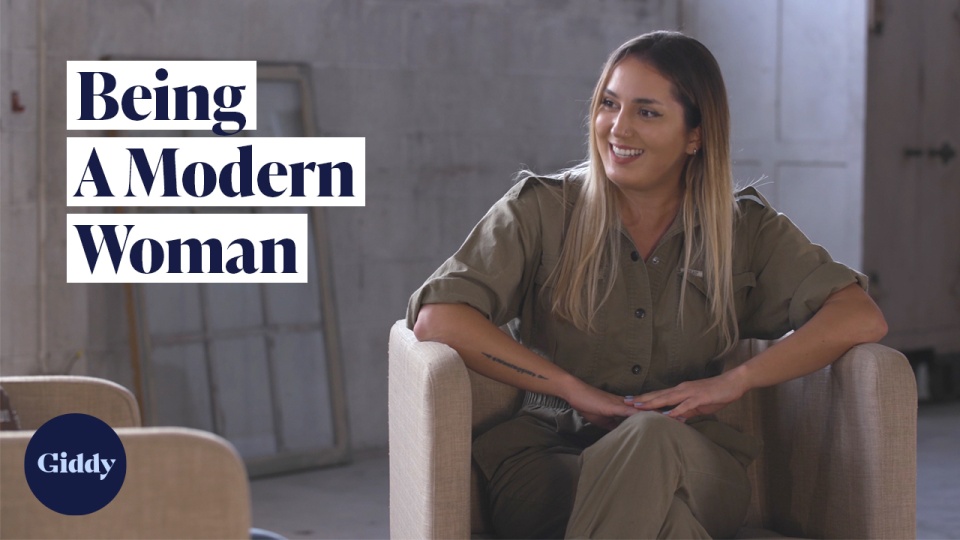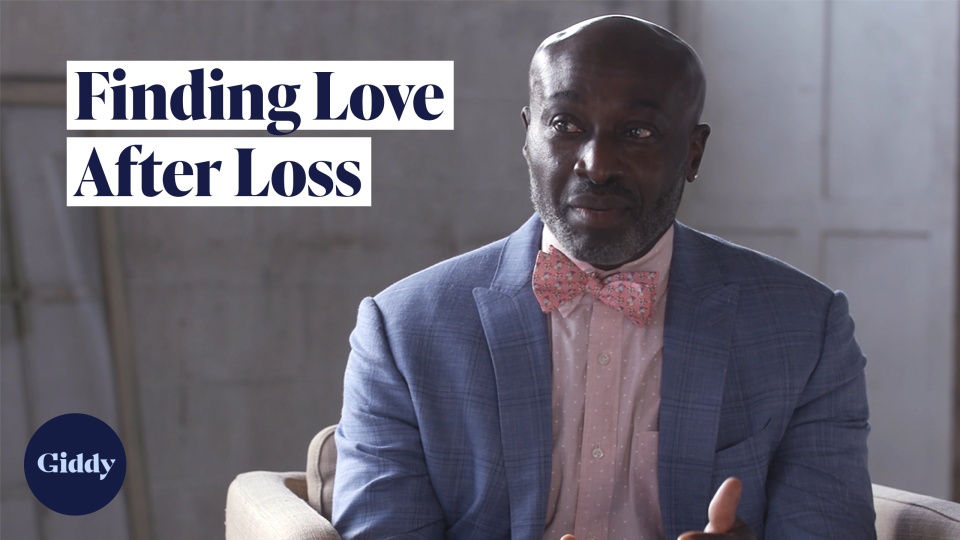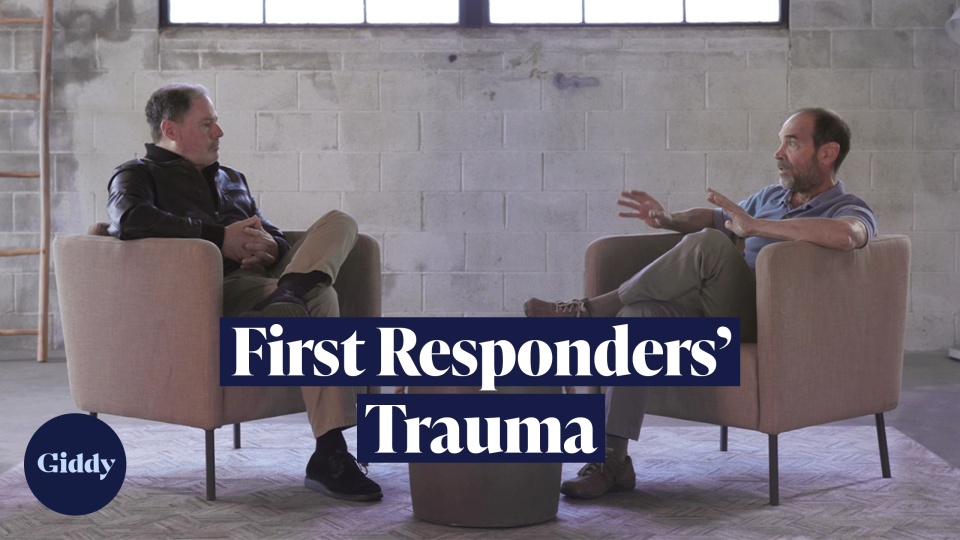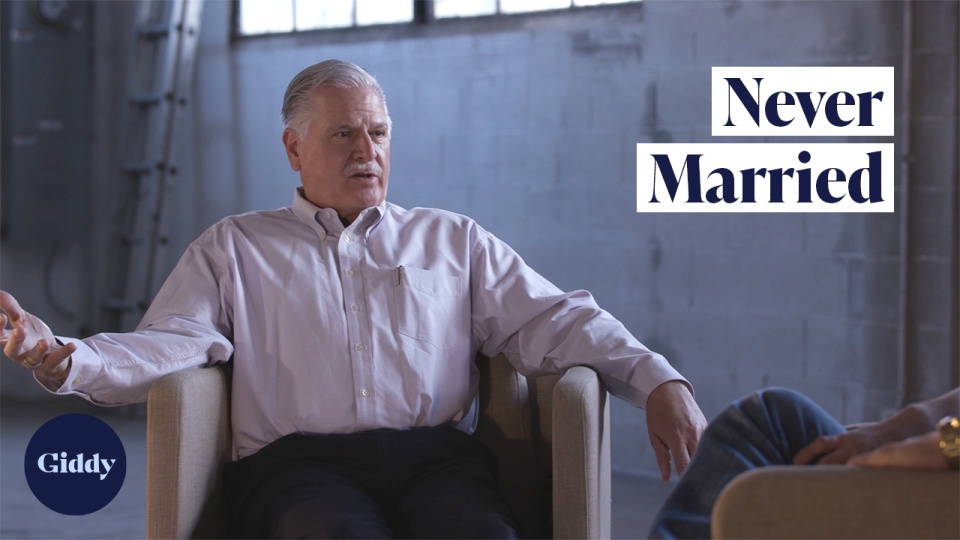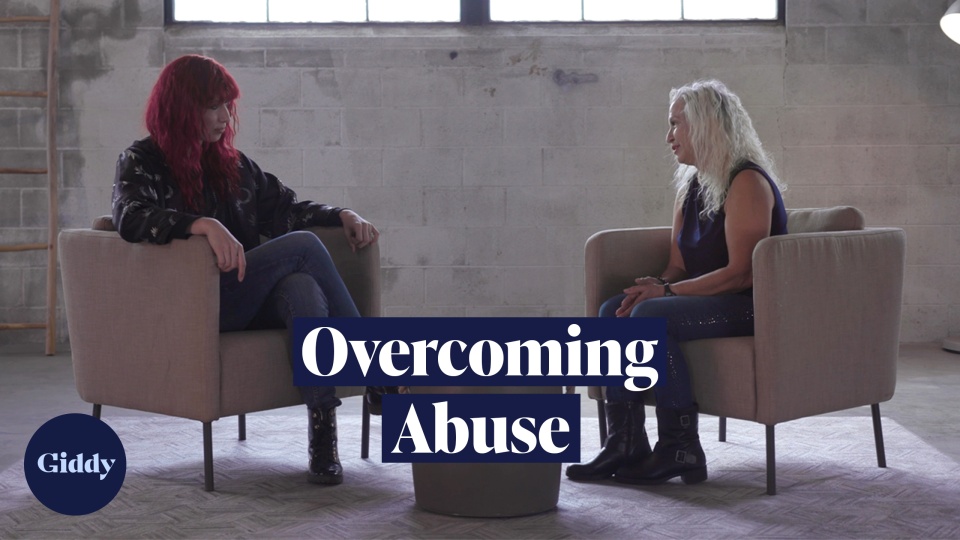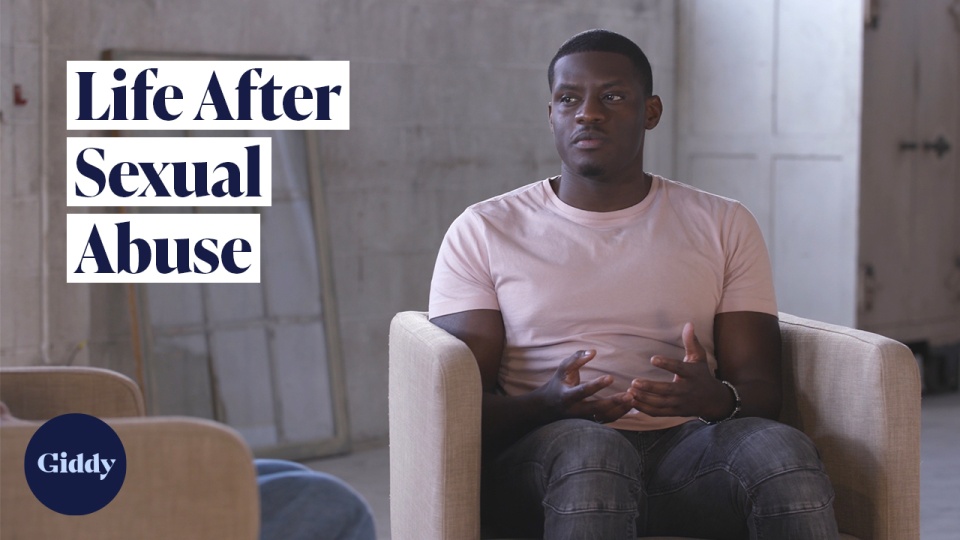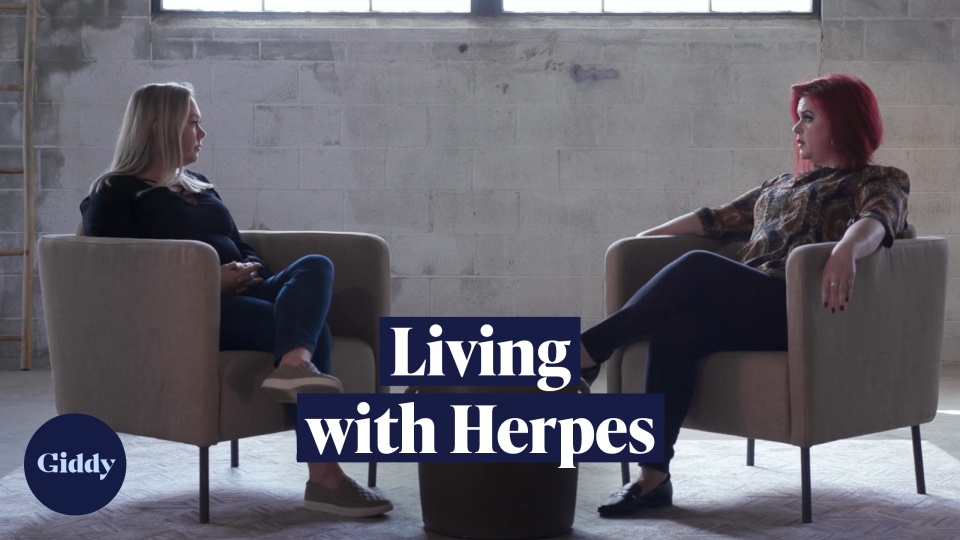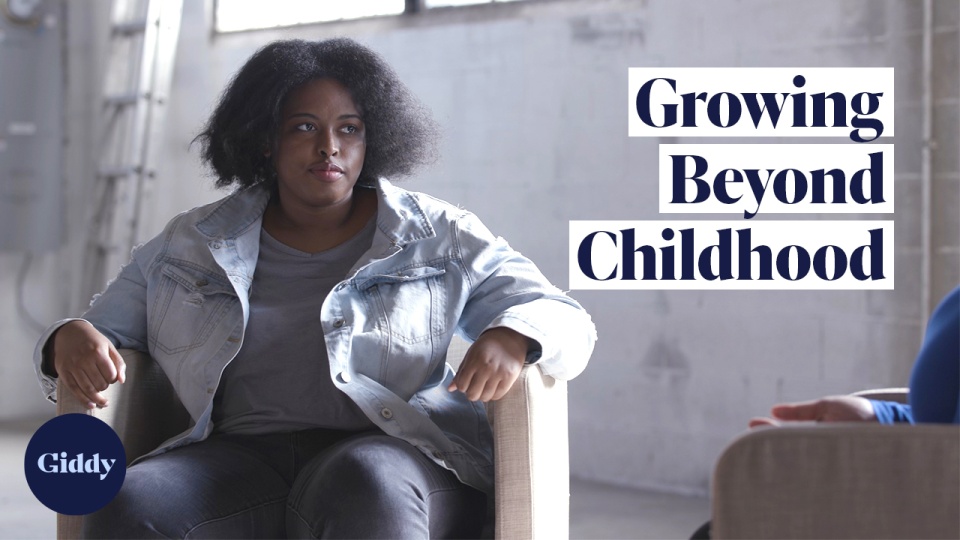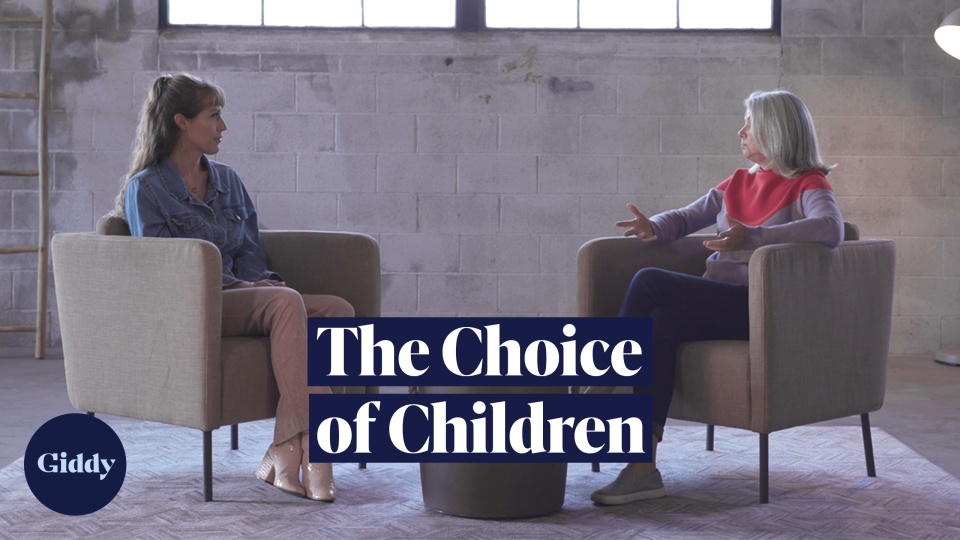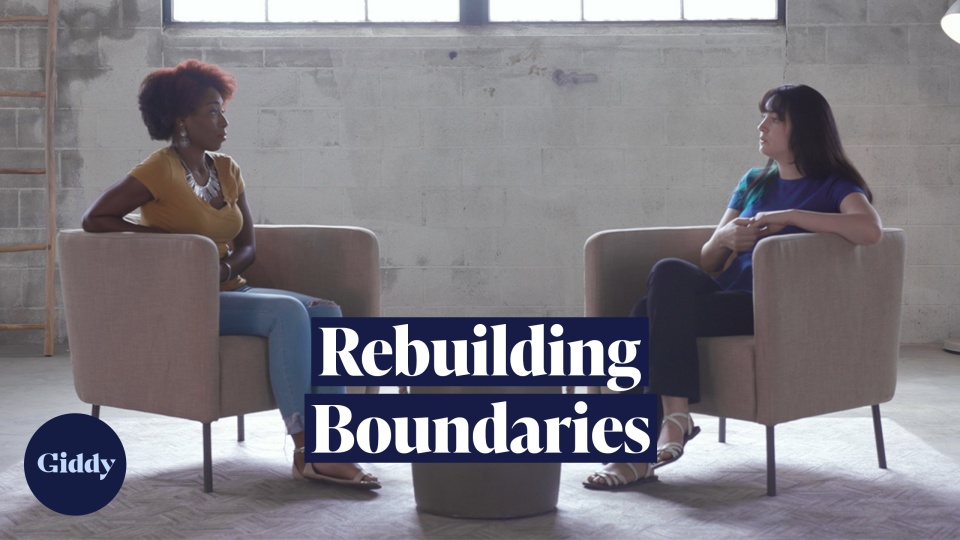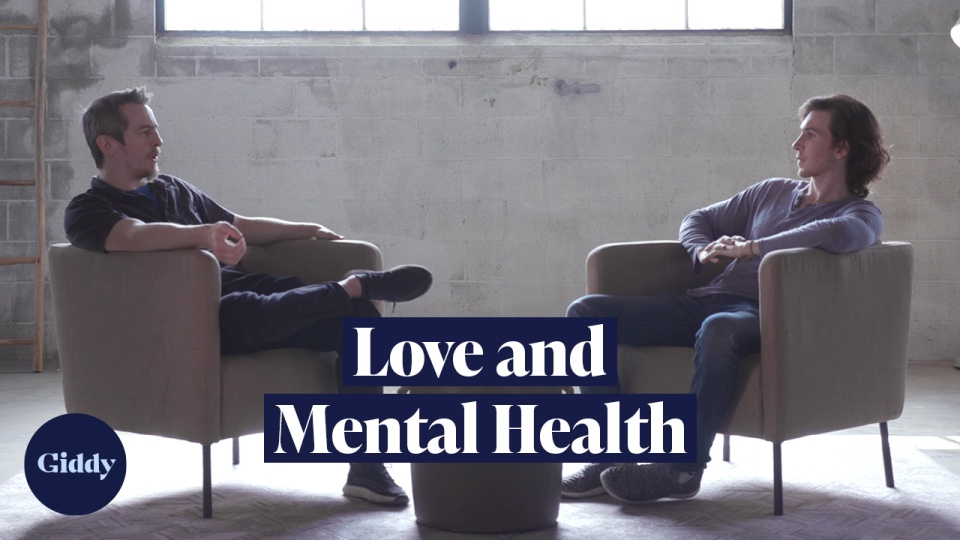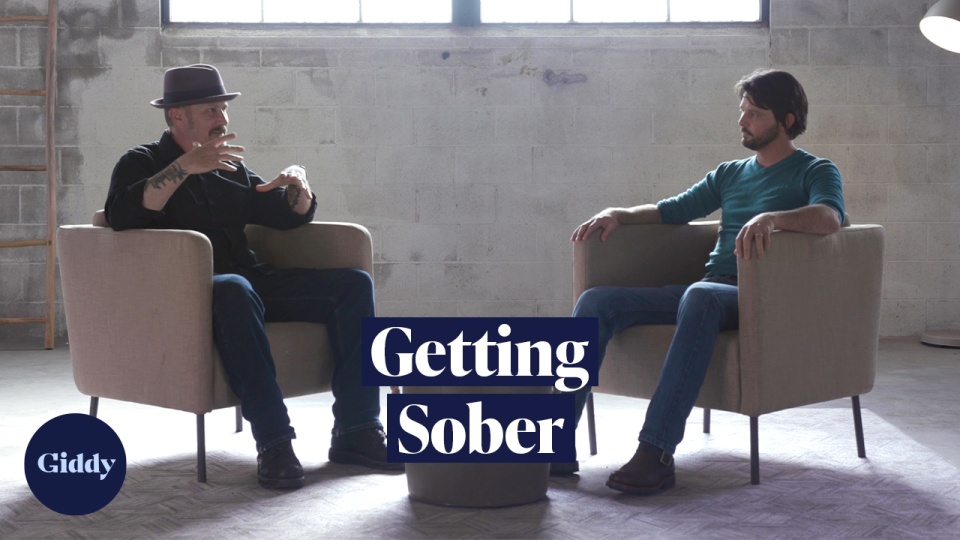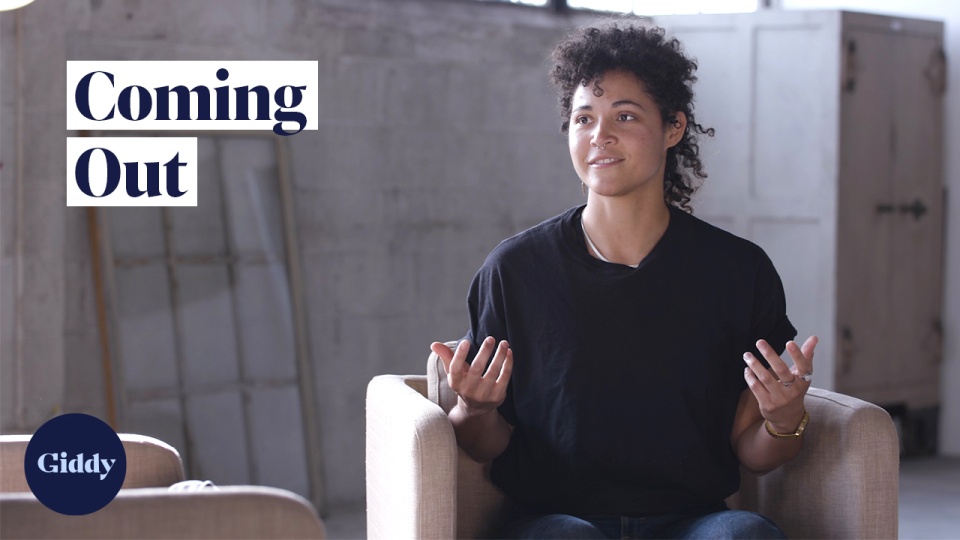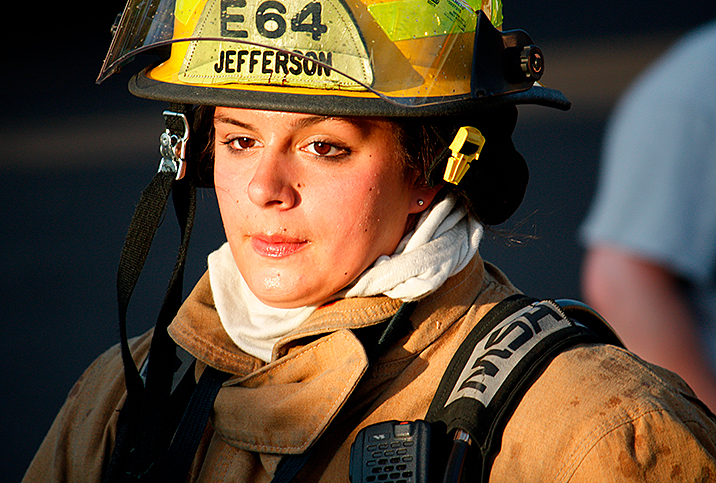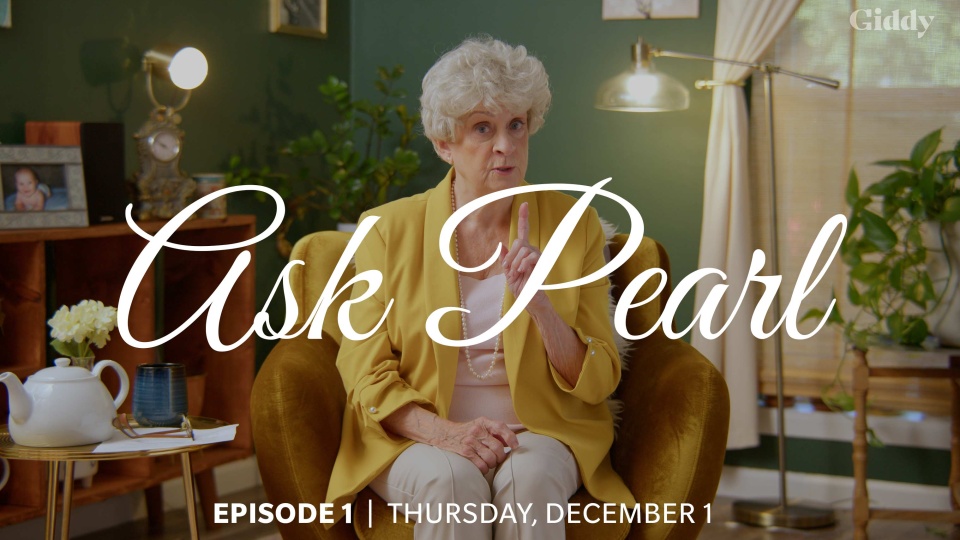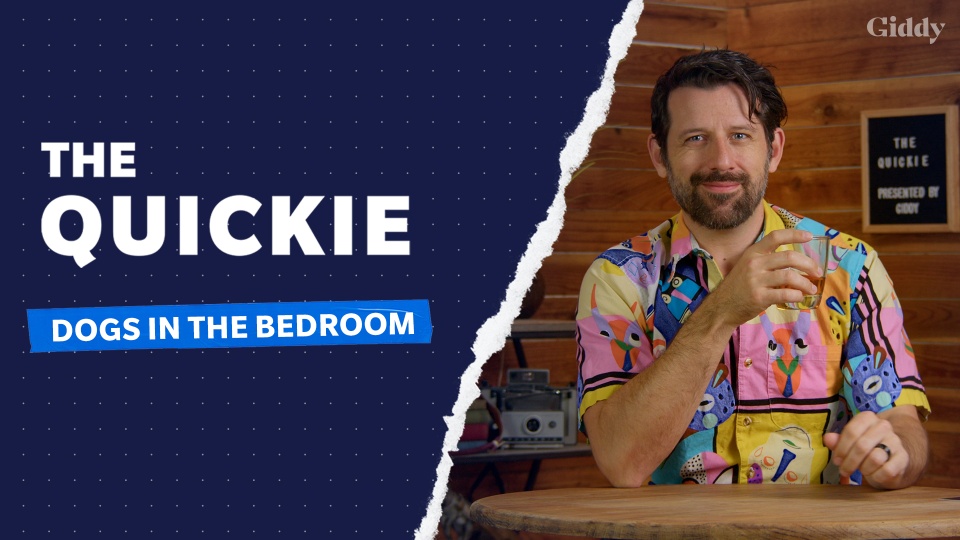Up Next
'It is a Challenge': First Responders’ Trauma
Two strangers, Steve and Jay, discuss keeping workplace trauma out of the home.
More about this episode
A Conversation with Steve and Jay
In this episode, first responders Steve and Jay discuss their efforts to keep workplace trauma out of the home.
Jay was a first responder in a small town in upstate New York where everyone knew each other. He says 80 percent of calls were tied to people he knew through his parents, relatives and even his own children—making the job difficult due to the personal connections to victims.
Steve is from Orange County, California and began servicing the same neighborhood where he grew up early in his career. Similar to Jay's scenario, Steve also struggled with calls involving patients he had an intimate connection with. After a long day's work, he would go home and hold his wife and children as a result of the traumatic situations he had to deal with.
Steve and Jay say their loved ones have gained a better understanding and appreciation for their careers as first responders over the years. A key component helping them along the journey is openly discussing their feelings with their families—a healthy way to destress and build stronger family bonds within their households.
Transcript
I was a first responder in upstate New York, a smaller town where everybody knew everybody. So that really made it very difficult sometimes, because I would come upon an accident, whether it was a car or an animal, et cetera, a fire, and I knew those people intimately, including my own family members sometimes.
I grew up in Orange County, California, worked for a municipal department. But many years of my career, I worked in the same neighborhood that I grew up in. I remember having calls, and we all have those calls, that just—you're talking to the patient. And they grab their chest, and that's it.
Yes.
And you never get them back.
And it's horrific.
It's days after that I remember going home and holding my daughter harder, kissing my wife more, and reminding myself how important it is to be present at home.
I remember one incident where we got a call, a dog bite, child bitten in the face by a malamute, big, big male. I mean, she was this tall and bitten right in the face. Being it's a head wound, just nothing but blood. And by the time I got there, it was just the mother. The dad was at work.
And so the mother is holding the child. She was drenched in blood. And when you're first coming upon this, the first thing that happened, going through my mind is this five-year-old now blind, and she's just screaming and part of her scalp is hanging off.
So going home that night—because at the time, one of my children was about that same age, and I had animals. To this day, to talk about it, it haunts me. And thank goodness, a great plastic surgeon put her back together. And the dog seemed to rip everything but her eyes, so she healed with marginal scarring. To this day, you could hardly tell, but oh, my God.
I can think vividly of times that we'd be in someone's home, and they'd be having chest pain or something like that. And I remember looking at the fireplace mantle and recognizing someone in the picture, and I said, "this person here, how do you know him?" And they said, "well, that's our son." I said, "well, went to high school with him." And right there, it's immediate. A connection sharpens. The whole scenario calms down just from a connection. And so, these jobs, they're more than jobs, aren't they?
Oh, absolutely. And I dealt with that connection 80% of my calls. As I said, it was—I lived in a small town, and I had situations with cars, vehicles, houses, of course, burning down and whatnot. There were elderly people that I knew through my parents that I dealt with situations with them, and kids that I went to high school with, dealt with accidents and tragedies with them. And of course, the worst would be friends of my children, some of them, I had in my house for parties and sleepovers. And then, I'm going out on a call to pull them out of a car.
So I was constantly dealing with going to somebody's house, where I didn't even need to see something that was up on the mantle. I knew them on a first name basis. Man, it was difficult, very, very often taking that home.
As you're talking about going on calls with people that you knew, and me too, working in the same city that I grew up in, you're never really off duty.
Absolutely.
How many times, how many times were you off duty, going to an event or something—
Constantly.
—and all of a sudden, boom, something happens, and it's on you? You have to pick up the check.
Oh, yeah, second nature, absolutely. I mean, you're trained for it, and yeah, it's what we do.
It was interesting, the progression of how my children handled what I did from a very young age to as they got older and understood more. I can remember one horrific forest fire that we had.
We had a huge state park that surrounded this town that I lived in. There was this one particular fire that went on for two weeks. And I mean, we had guys from other states coming in, thousands of acres burned. I mean, the toll that it took on the family, especially because of my children's reactions.
I mean, my wife understood, even though she was concerned for my safety. My wife wasn't only dealing with my safety, but dealing with the children and trying to get them to understand what daddy did, because I was home so little for those two weeks. I was either out in the middle of nowhere fighting the fire, or I was asleep. So that was an especially rough burnout, a couple of weeks.
I do remember there being stress.
Oh, yeah.
The phone would ring. I remember my wife vividly saying, the phone rang at 9:30 last night, and I just took a breath before I answered it. Because there's always that fear that, what happened? And those times that I got hurt, no one escapes the first responder life unscathed.
Oh, yeah, I fell through the roof several times. It happens to all of us, no matter how much you try to prepare for that.
I think how hard it is to maintain a real, intimate relationship with the stresses of the things we see and that balance of how much do I talk at home about what I saw. I remember there definitely was open and honest conversation to get to the point of going, "I need to know the good and the bad. And that includes me."
Yeah, exactly.
I just remember that beyond the physical intimacy—we're men.
Yeah, absolutely, yeah. We're knuckle draggers.
What was more intimate was the journey it took to include my wife and know that we're safe at home.
Yeah, that fine line of letting them in to what's going on, but not giving them too much information where it's going to haunt them. You need them to understand what we're going through, but you don't want them to live it.
The things that happened at work happened at work, and there has to be that healthy time of offloading some of that. But to constantly remind myself to be present, I'm home. They deserve my time. And it is a challenge.
Absolutely, good point.
For more trusted sources on the topics that matter to you, go to getmegiddy.com.






